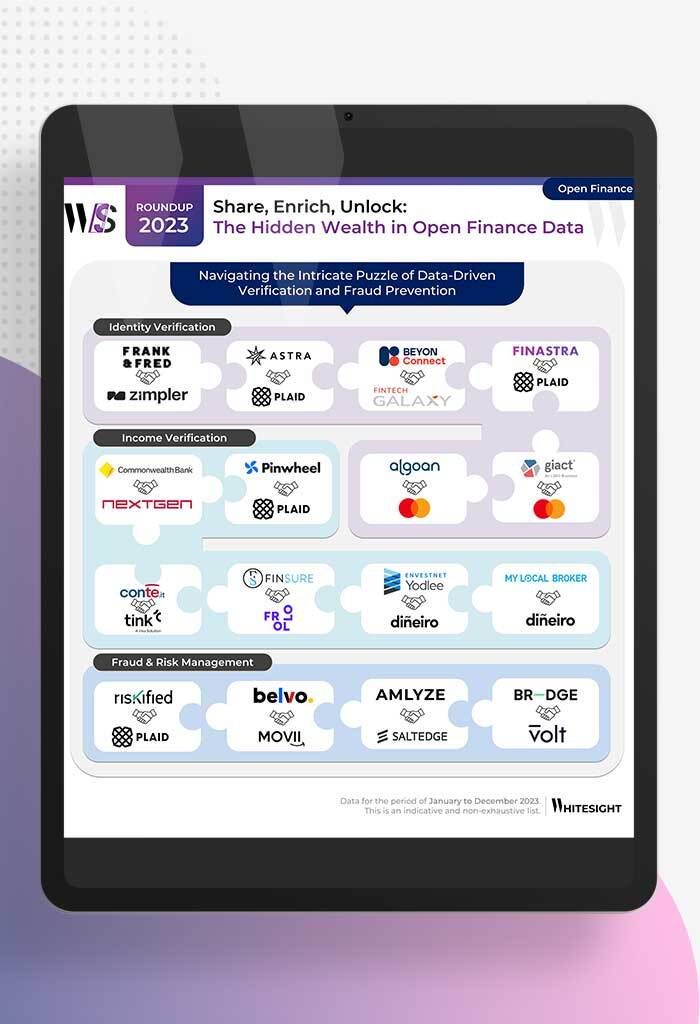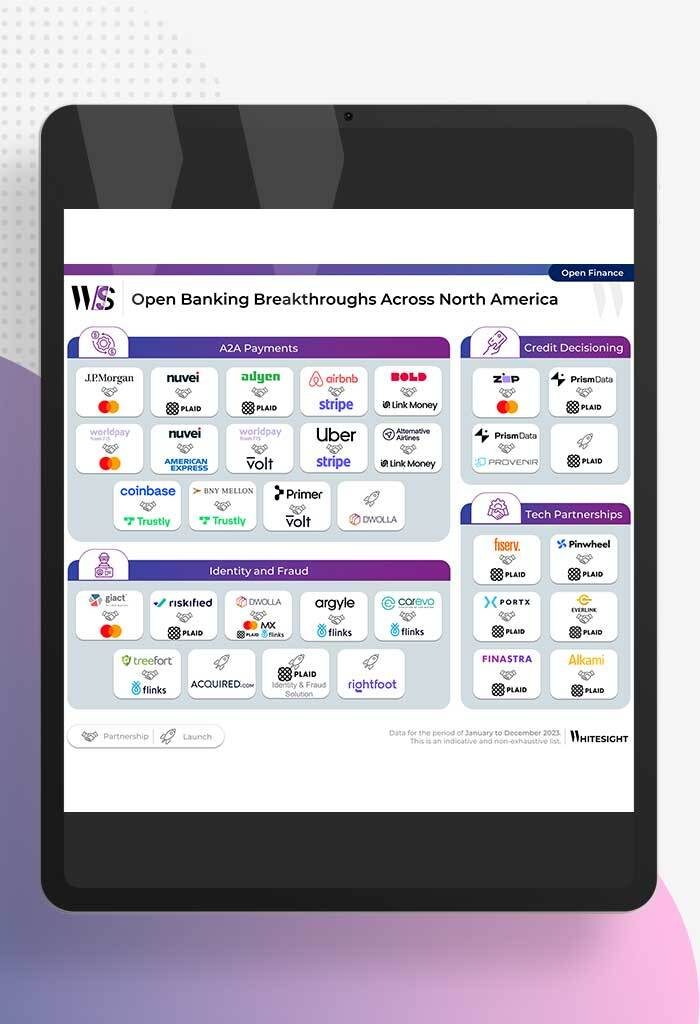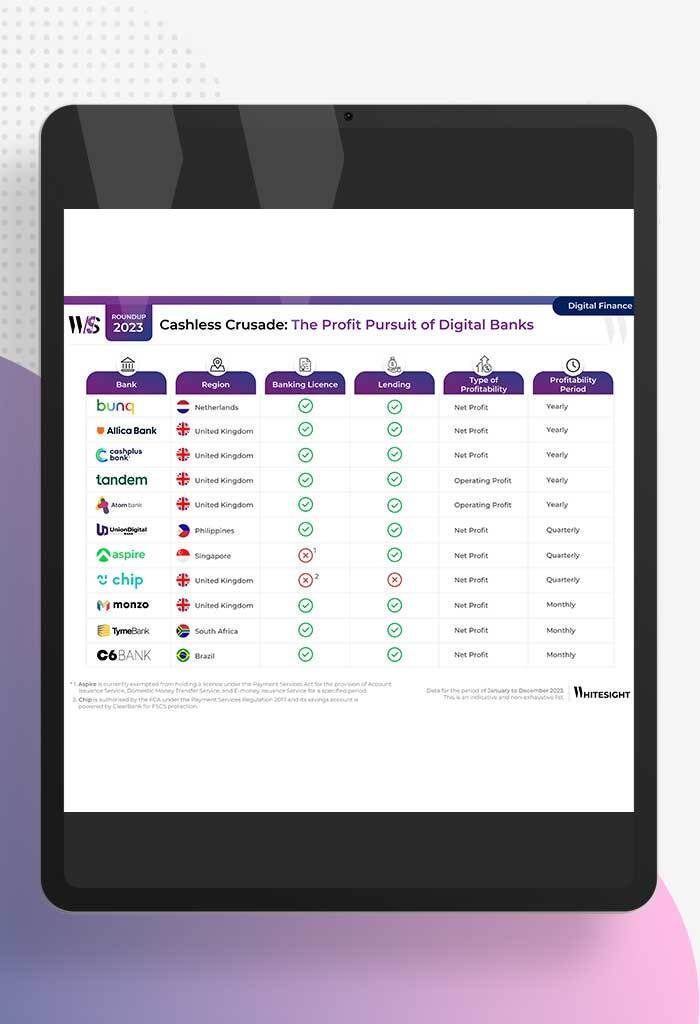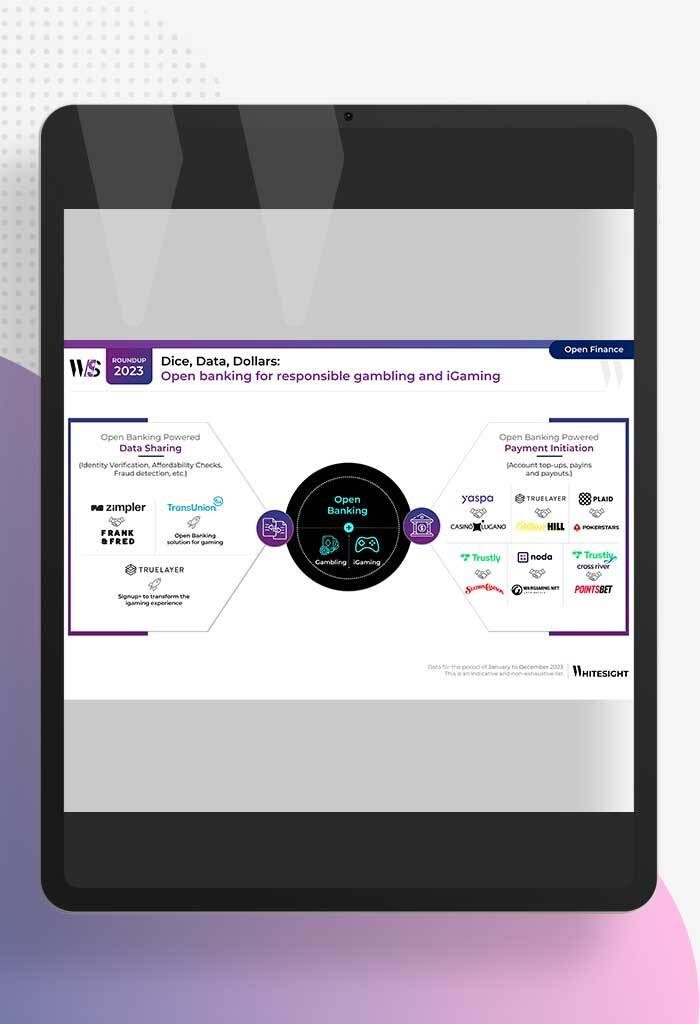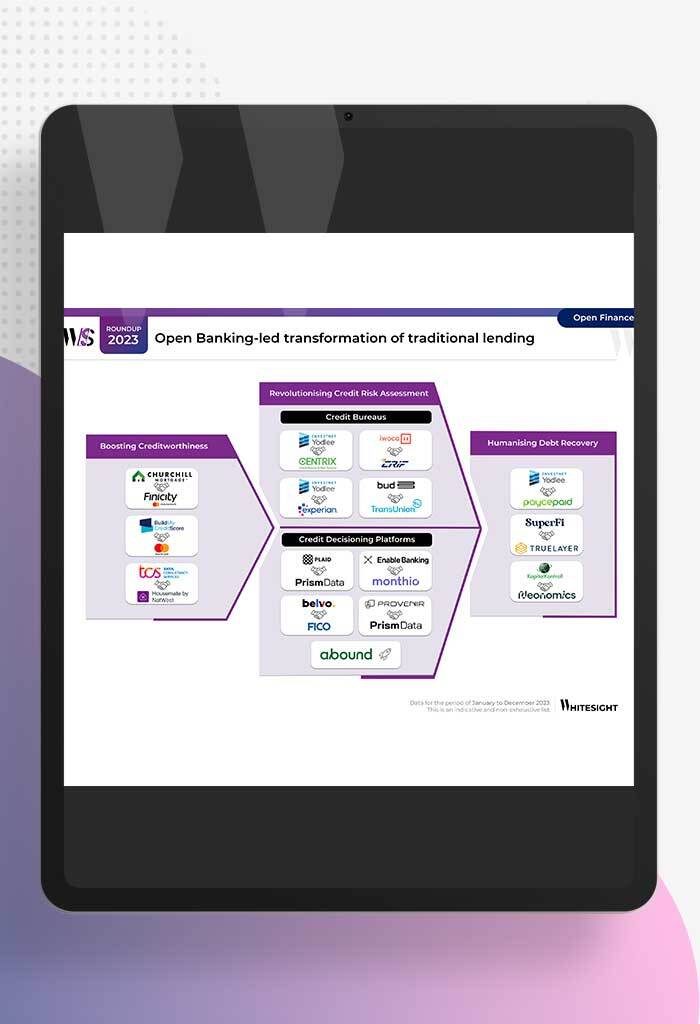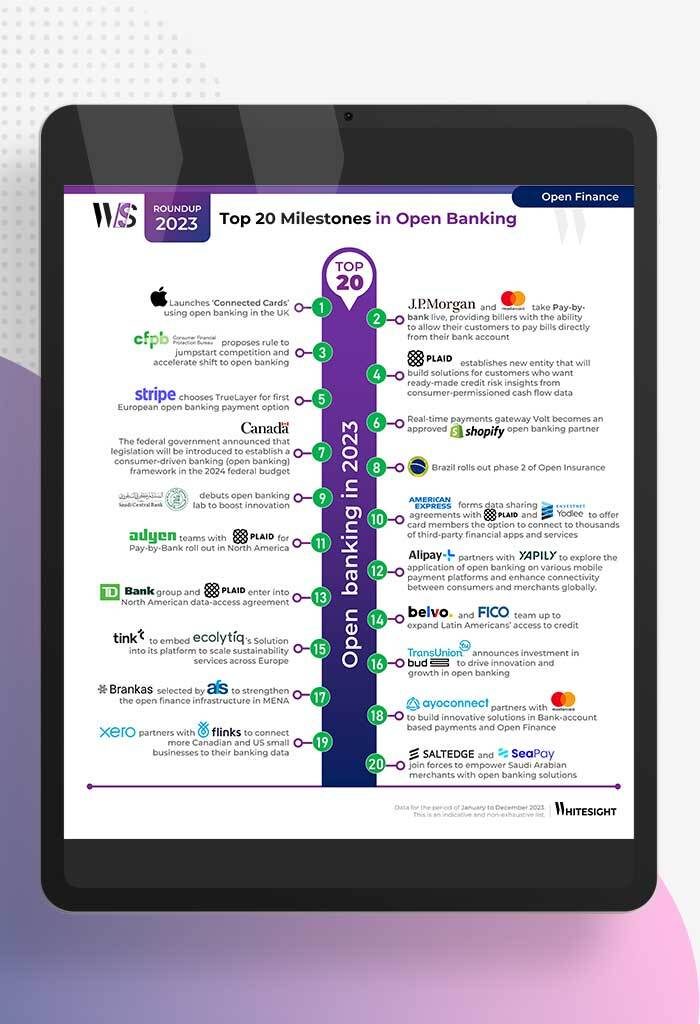Opening Doors for Open Banking in the GCC
- Sanjeev Kumar and Risav Chakraborty
- 3 mins read
- Insights, Open Finance
Table of Contents
The emergence of Open Banking, a paradigm allowing consumers to consent to third parties to get access to financial data through standardised APIs, is playing a pivotal role in forging the future of finance worldwide. In the Gulf Cooperation Council (GCC), the Open Banking phenomenon is evolving at a rapid pace, with certain countries embracing the imperative far more aggressively. As we analysed in our report published earlier this year in partnership with Spire, Open Banking in the GCC region has the potential to unlock a broader range of open finance use cases – personal finance management, payments initiation, wealth management, BNPL, and alternative credit scoring for consumers and automated accounting, payments acceptance, cash flow forecasting, alternative SME financing, and automated tax planning for MSMEs. GCC Regulators Drive Open Banking Initiatives in the RegionIn the GCC, regulators have been quick to acknowledge the potential of Open Banking to drastically transform traditional banking services in the region. The watchdogs have undertaken a structured approach by carefully examining the already existing legislative frameworks for Open Banking in the UK, Europe, Australia and parts of the world. The growth of FinTech ecosystems in the GCC has been a major driver behind the establishment […]
This post is only available to members.
Already a subscriber? Log in to Access
Unlock this blog
Gain exclusive access to this blog alone.
Radar Subscription
Select a membership plan that resonates with your
goals and aspirations.
Not Ready to Subscribe?
Experience a taste of our expert research with a complimentary guest account.
We publish new research regularly. Subscribe to stay updated.
No spam.
Only the best in class fintech analysis.
Related Posts
- Kshitija Kaur and Sanjeev Kumar
From Data Streams to Enriched Data Fountains Remember the early days of plumbing? Water flowed freely, but its quality was...
- Samridhi Singh and Sanjeev Kumar
North America’s Open Sesame: Use Cases Bloom Open banking has garnered significant attention in recent years, and at Whitesight, we’ve...
- Samridhi Singh and Sanjeev Kumar
Profitability Unlocked: Licences, Service, and Survival The rise of digital banks has sparked a paradigm shift in how we perceive...
- Sanjeev Kumar and Risav Chakraborty
High stakes in the gambling sector The online gambling industry is booming, with a projected market size of $107.3B by...
- Sanjeev Kumar and Risav Chakraborty
Open Banking-led Transformation of Traditional Lending In 2023, a wave of innovation swept through the lending industry, thanks to several...
- Sanjeev Kumar
Unmasking Open Banking’s Game Changers in 2023 2023 has been a pivotal year in the world of open banking, marked...
